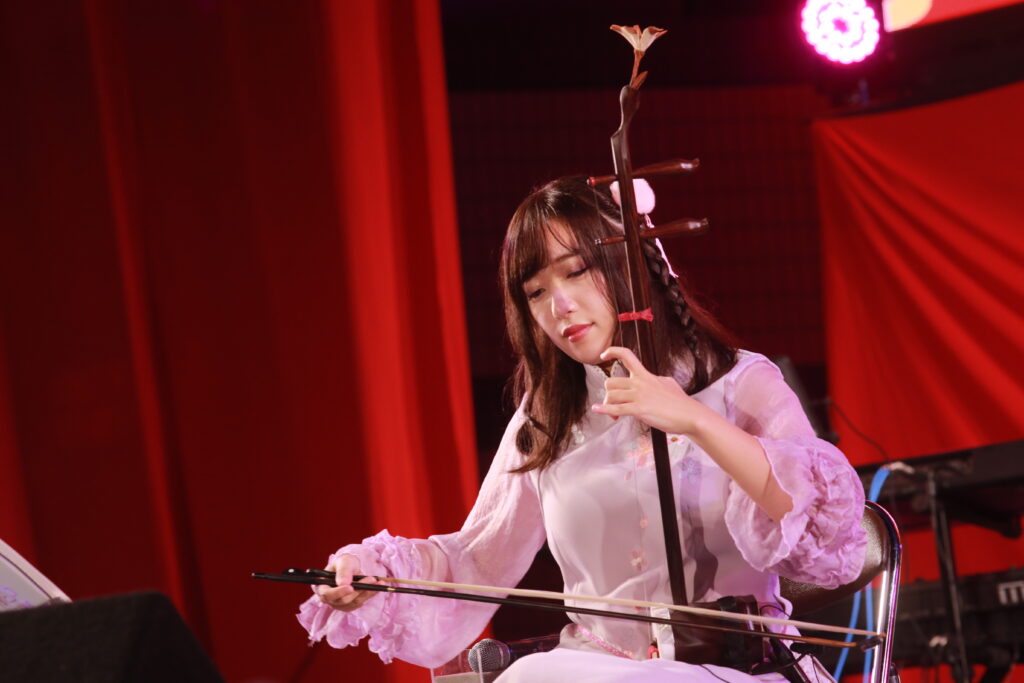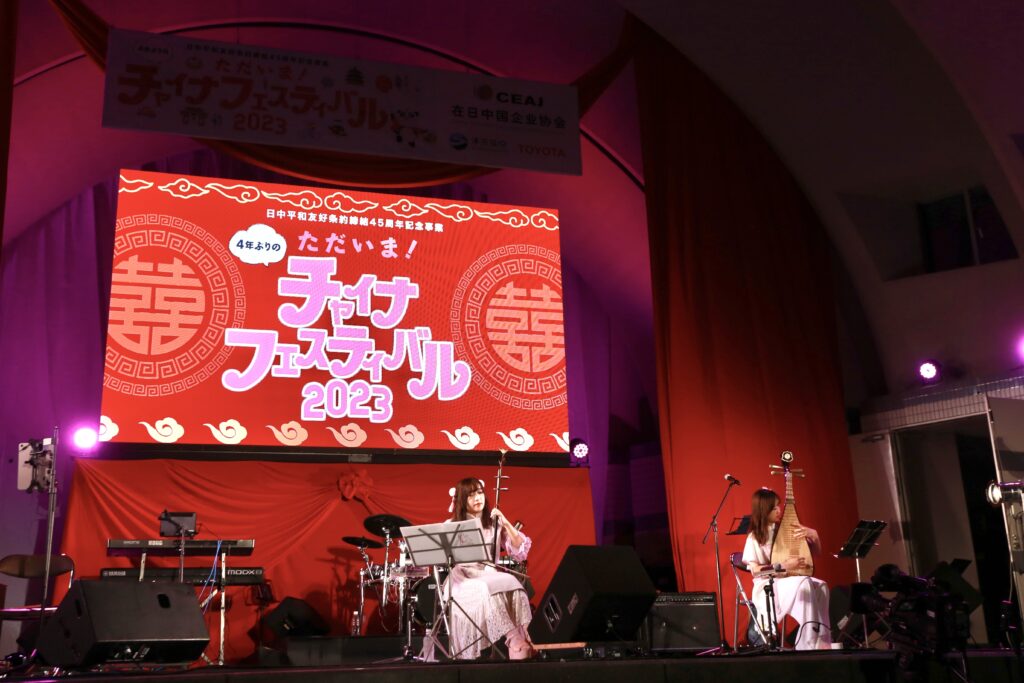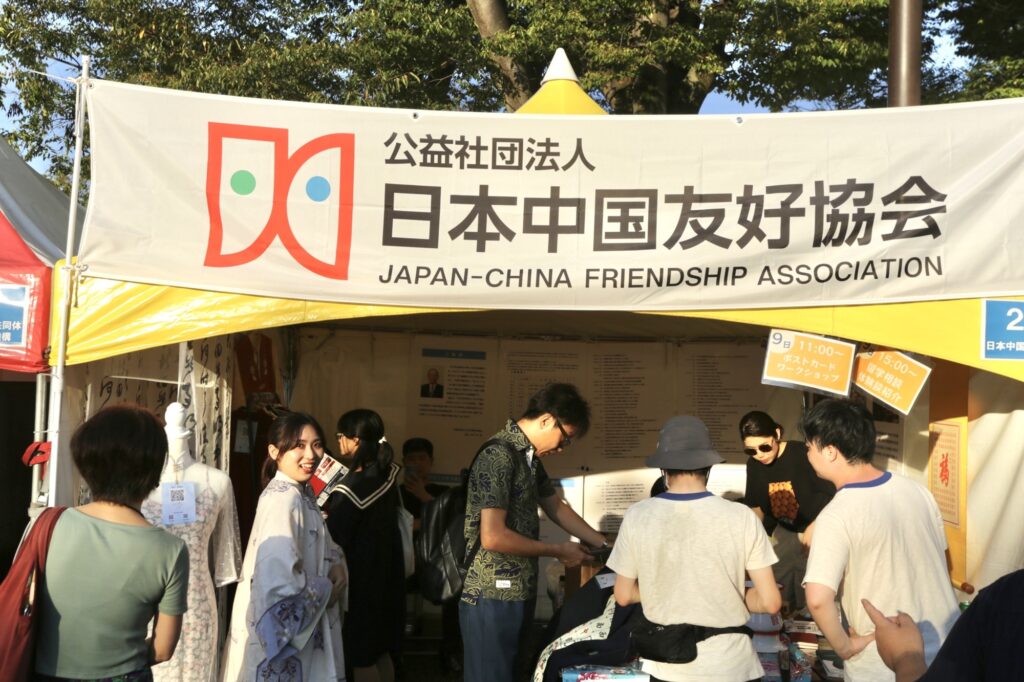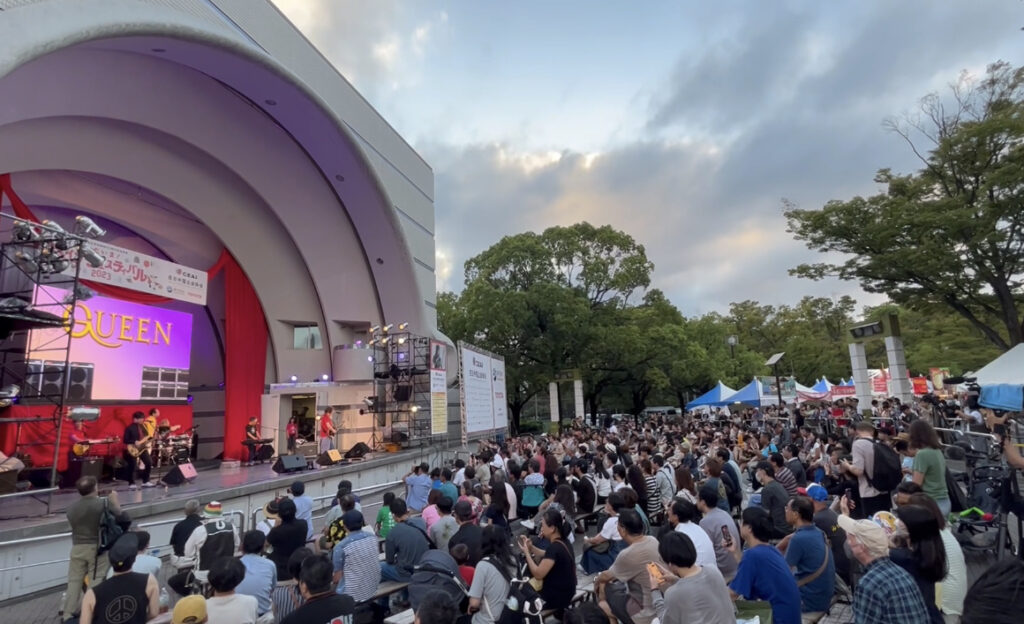







TOKYO: Despite political, territorial and ecological disputes, China and Japan came together over the weekend to celebrate what they share rather than the things that divide them at the Sino-Japanese Friendship Festival in Tokyo’s Yoyogi Park.
Companies, travel agencies, culinary stands, and friendship and cultural activity groups shared the space in a tent city at Yoyogi Park even as China’s government criticized Japan for releasing contaminated water from the damaged Fukushima Daiichi nuclear power plant into the Pacific Ocean.
On a Chinese community stand where the public can practice drawing with Chinese ink, several copies of a community newspaper were placed with headlines commenting on the discharge of radioactive water in Fukushima.
A young Chinese woman at the stand noted that the Chinese government has banned imports of fish and seafood from Japan, and a young Japanese woman wondered if the problem can be solved.
Nearby, a Japanese member of a Sino-Japanese friendship association based in Asakusa is more nuanced on the problem of contaminated water, but says he can’t comment with any authority as he does not have the necessary scientific knowledge.
He says that in his association, some members trust the report of the International Atomic Energy Agency while others are against the release of radioactive water.
But the purpose of the festival was for the two communities to appreciate the other’s culture, and on the stage both rock and traditional Chinese music could be heard.
A young musician called Kiriko, a graduate of Beijing Musical University, played the traditional Chinese violin commonly called “erhu,” which has been adapted to modern tastes and was enjoyed by both Japanese and Chinese residents.